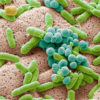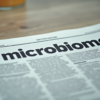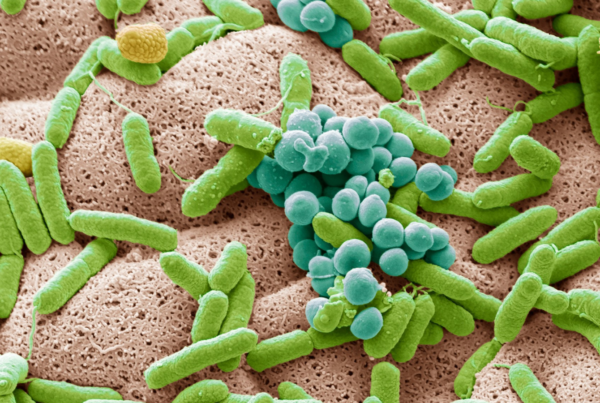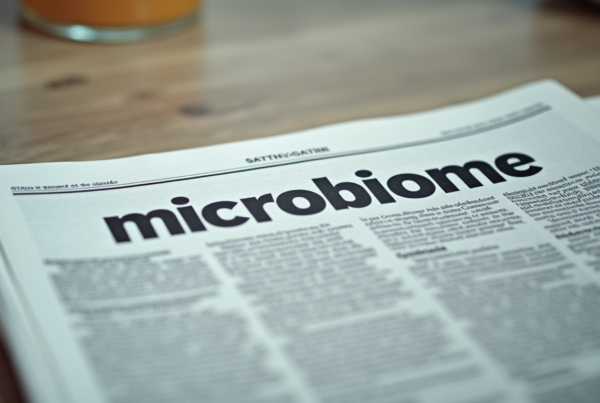
The microbiome is like a universe within us, composed of a great diversity of microbes: bacteria, fungi, and viruses that inhabit different parts of our body. But did you know that your everyday actions can influence this delicate ecosystem?
Take infections, for instance. At MISTRAL, we study how the gut microbiome impacts people living with HIV. Thanks to antiretroviral therapies, this infection has become a chronic condition, but the microbiome still plays an important role in its progression. Both acute and chronic infections affect the microbiome, and interestingly, the microbiome itself may influence the onset and evolution of infections. This intricate relationship is a major area of our research.
Diet is another well-known player in microbiome health. What we eat significantly shapes the composition of our gut microbes. Similarly, social interactions are also influencers of our microbiome, as close contact with others can contribute to its diversity. And then there’s stress—a powerful factor influencing gut health. The strong connection between the gut and brain means that what stresses you out might also disrupt the balance of your gut microbes.
When you think about it, many of these microbiome influencers—big meals, lots of social interaction, and stress—are part and parcel of Christmas festivities. Could the holidays leave a microbial mark on our gut? Perhaps, but the science isn’t there yet. That said, we found it funny that a study in the Human Microbiome Journal looked at “the effect of having Christmas dinner with in-laws on gut microbiota composition”. While it’s an interesting idea, let’s just say we’re not ready to call in-laws a risk to gut health just yet!










